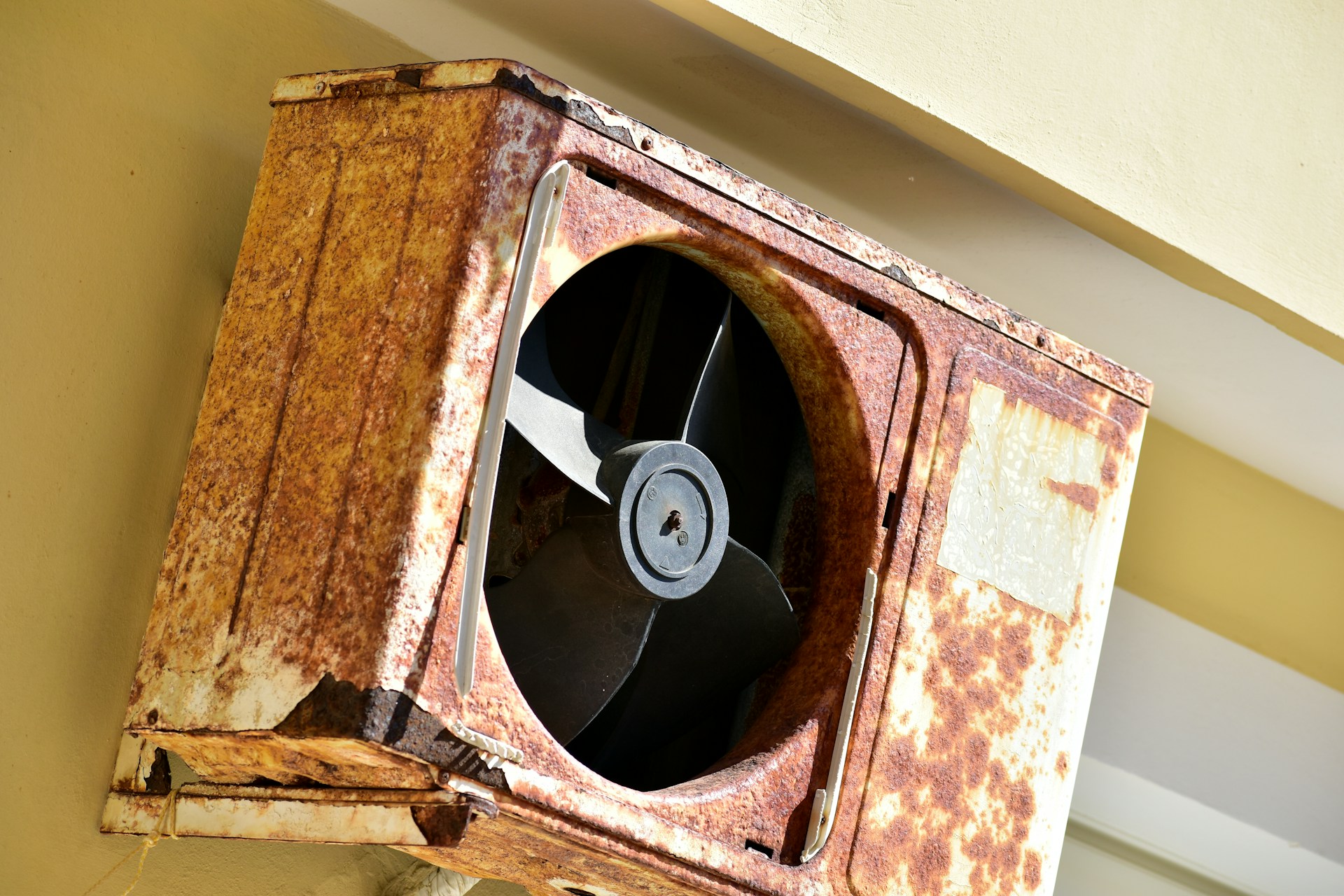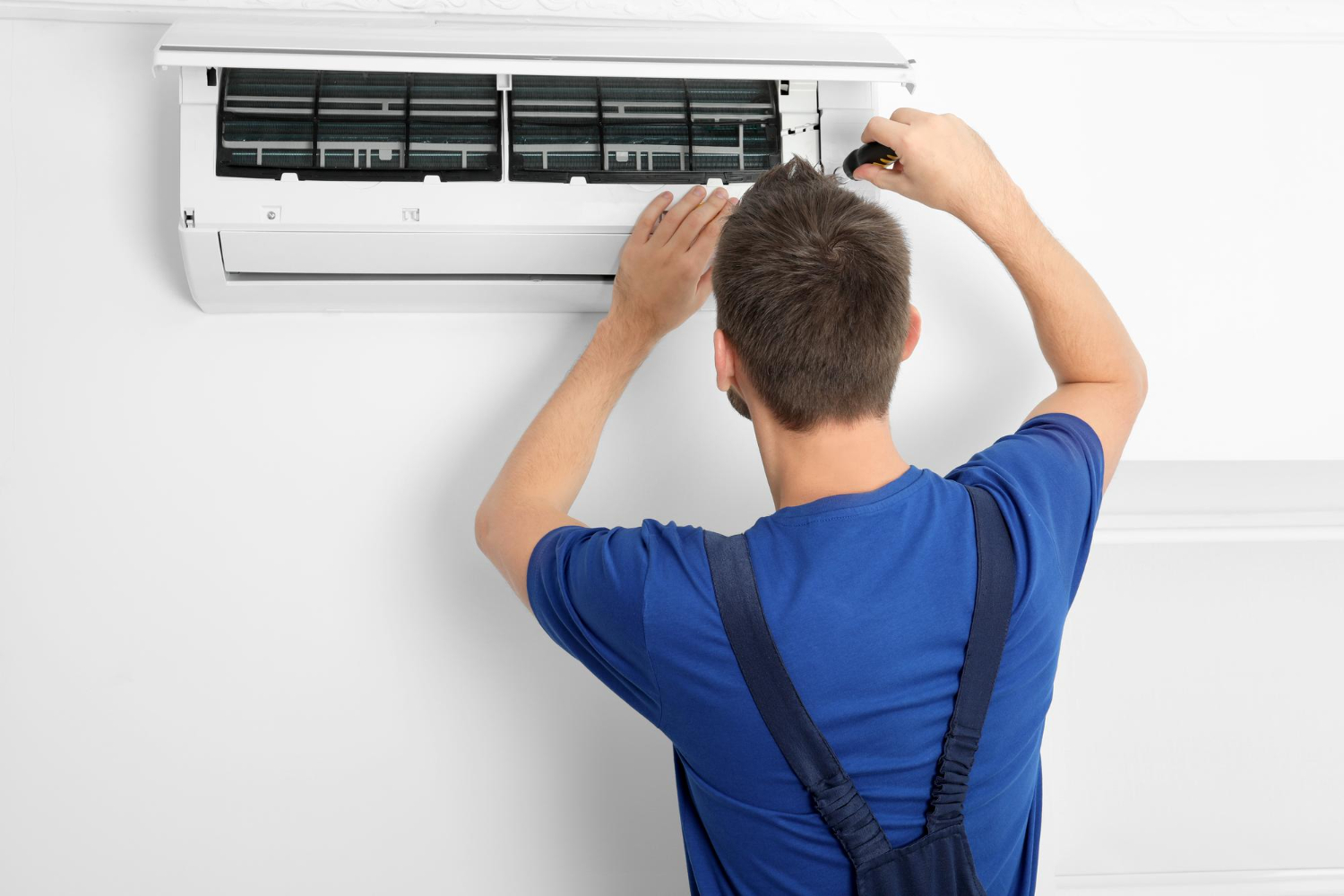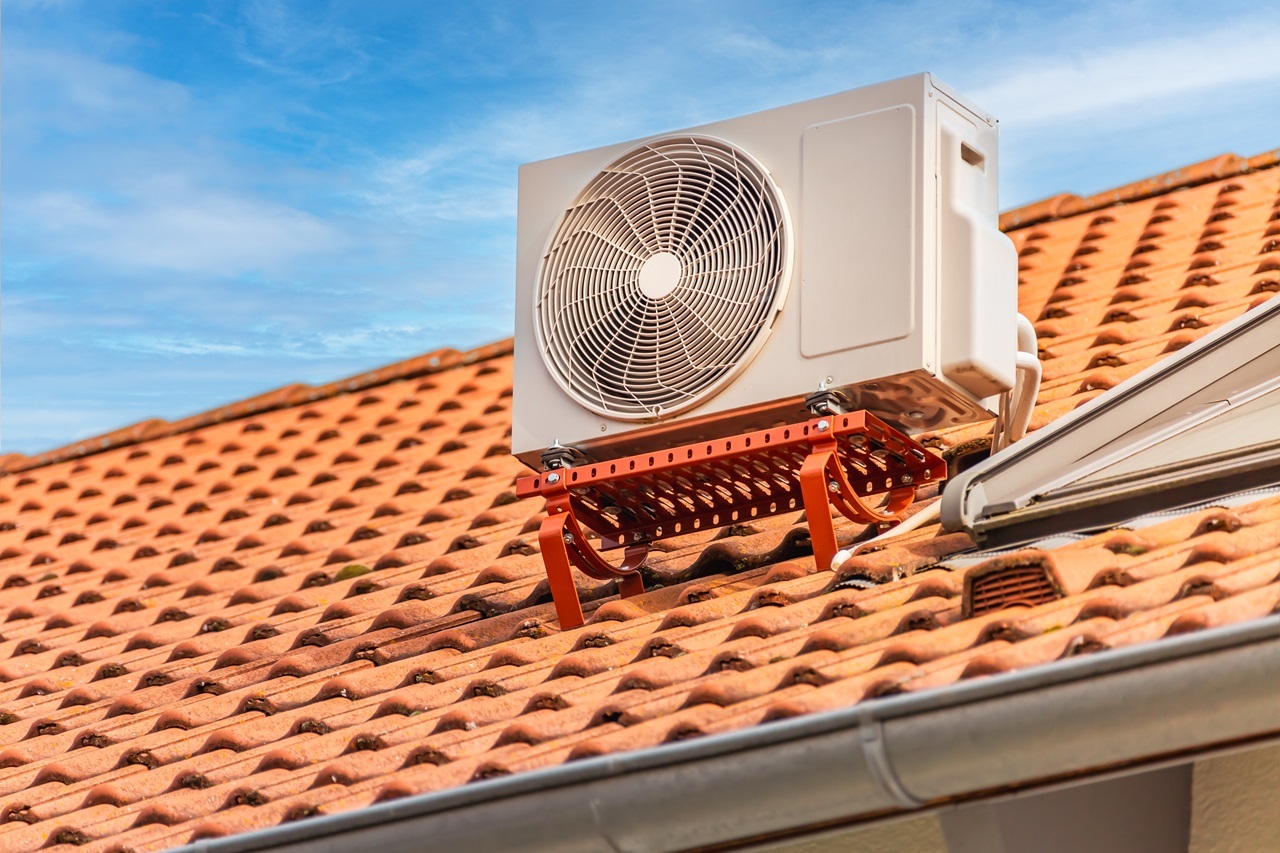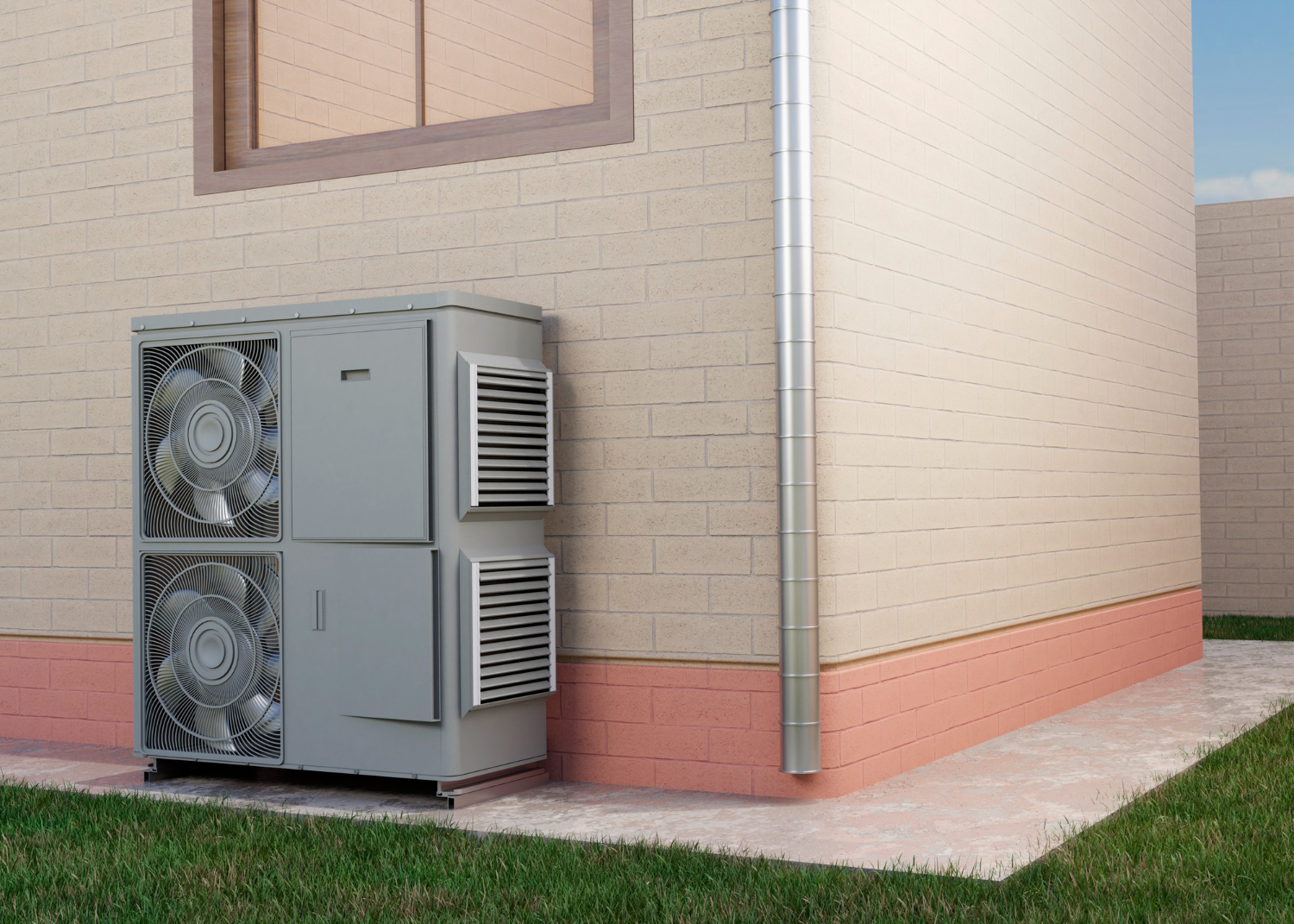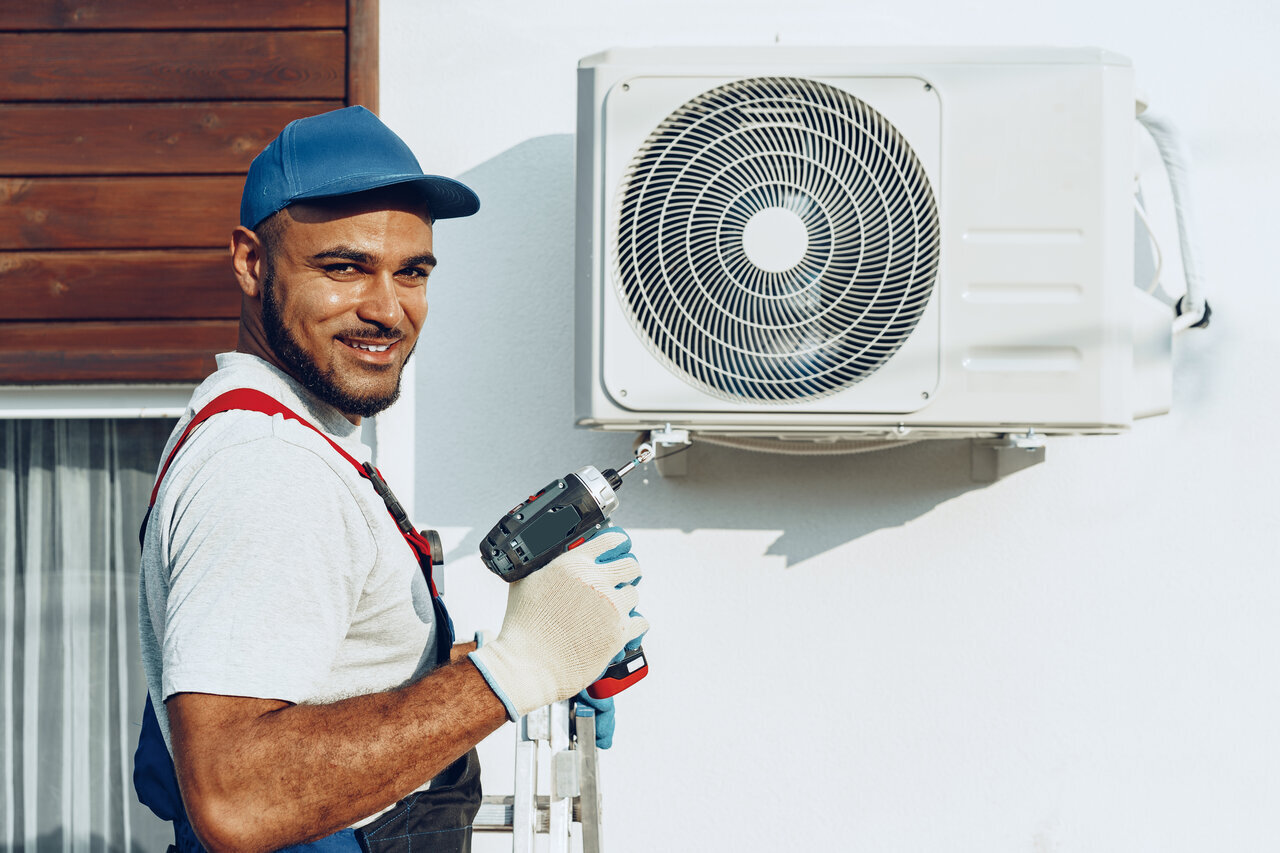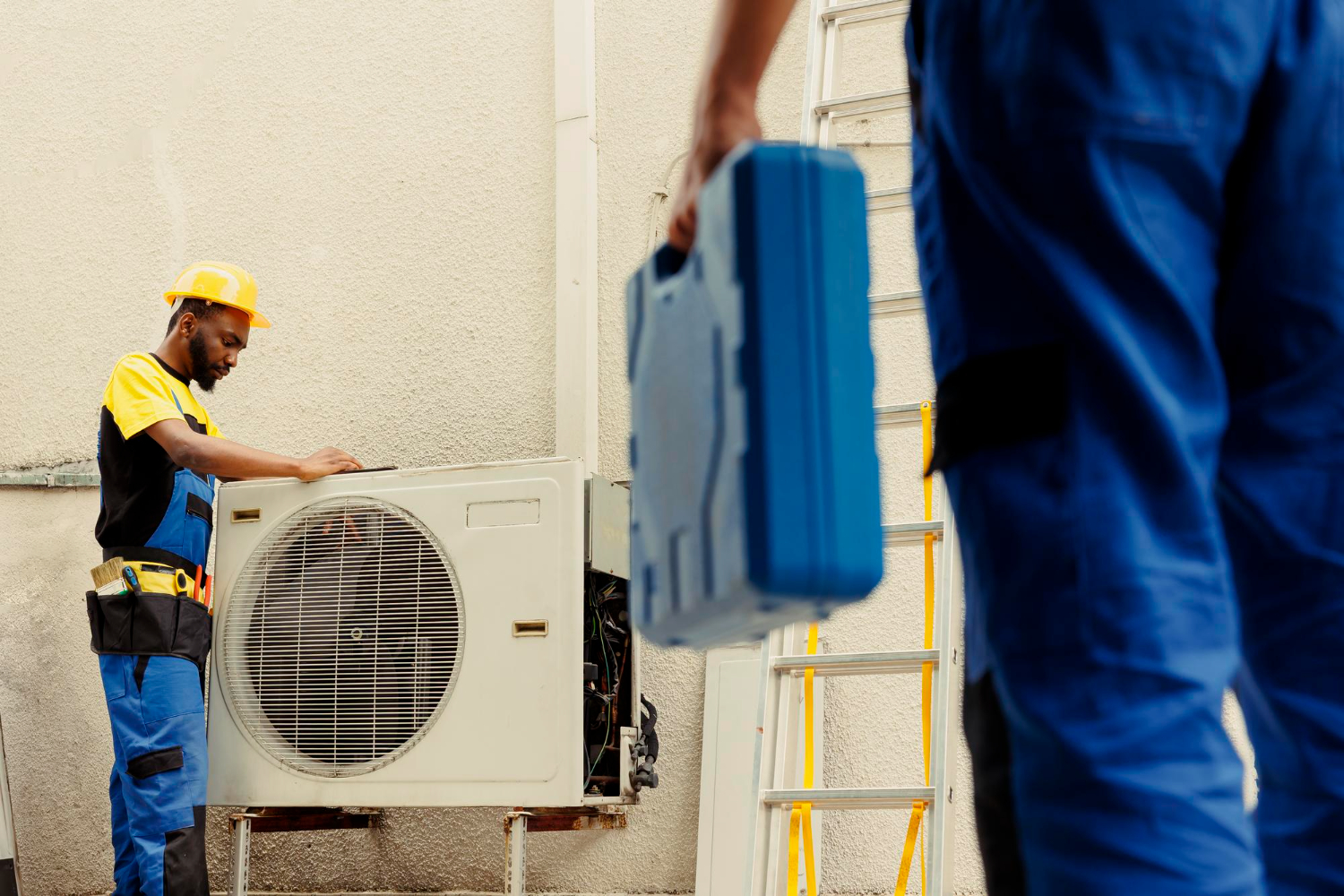In Annapolis, as the weather begins to warm up, homeowners often start relying on their air conditioning systems to maintain a comfortable indoor environment. A functioning AC is essential for beating the springtime heat. However, encountering issues like an AC unit freezing up can disrupt this comfort. Understanding why these issues occur and taking immediate steps can help restore your system’s efficiency and prevent further damage.
An AC unit freezing up might sound counterintuitive given its purpose to cool, but it’s a relatively common issue. This problem is particularly evident during the transitional spring months when temperature fluctuations can lead to unexpected AC behavior. Addressing this problem promptly not only enhances the system’s performance but also extends its lifespan, helping you to avoid the discomfort of an underperforming cooling system.
Common Causes of AC Freezing
Several factors can lead to an AC unit freezing over in Annapolis. Awareness of these common causes can help you identify and address the issue more efficiently:
1. Low Refrigerant Levels: Refrigerant is crucial for the cooling process in an AC. When refrigerant levels drop, it can cause the evaporator coil to freeze, leading to ice buildup.
2. Blocked or Dirty Air Filters: Air filters clogged with dirt and debris restrict airflow, which can cause cold air to back up in the system and freeze the condensation on the coils.
3. Thermostat Issues: A faulty thermostat may cause the AC to run longer than necessary or not regulate the temperature correctly, leading to overcooling and freezing.
Identifying these issues early can prevent more extensive problems in the future. Paying attention to your AC’s behavior when you start using it for the spring can help catch these issues before they worsen.
Immediate Steps to Take When Your AC Freezes
If your AC in Annapolis starts to freeze, there are immediate steps you can take to begin addressing the problem:
– Turn Off the AC System: Shutting down the system allows the ice to melt and prevents further damage.
– Allow Ice to Melt Naturally: Keep the system off until the ice has completely melted, ensuring no forced air passes over the coils to avoid additional freezing.
– Check and Replace Air Filters: Ensure the filters are clean and replace them if necessary to improve airflow in the system.
– Inspect Thermostat Settings: Double-check that the thermostat is set to an appropriate temperature and is functioning correctly.
By taking these initial steps, you can mitigate immediate damage and prepare to address any underlying issues causing the freeze. Being proactive can help maintain a comfortable home environment and keep repair costs down. Once the immediate threat is resolved, it may be time to consider long-term prevention strategies or professional evaluation to ensure your system operates smoothly throughout the warmer months.
Long-Term Solutions to Prevent AC Freezing
To keep your air conditioning system running smoothly, it’s crucial to consider long-term strategies that prevent freezing. These solutions not only ensure efficiency but also enhance the system’s lifespan and your overall comfort in Annapolis.
– Schedule Regular Maintenance: One of the most effective ways to prevent AC issues is by having regular maintenance performed by our professionals. Routine check-ups can catch potential problems early and keep your system in top condition.
– Maintain Proper Refrigerant Levels: Low refrigerant is a common culprit behind AC freezing. Checking and maintaining the correct level ensures your AC operates efficiently. If you suspect a leak, it’s best to contact a professional to inspect and resolve the issue.
– Keep the Outdoor Unit Clean: Debris, such as leaves and dirt, can obstruct airflow around the outdoor unit. Regularly clearing the area around the unit prevents these blockages, allowing the system to function optimally.
Implementing these practices helps avoid the hassle and cost of unexpected repairs and keeps your home comfortable year-round.
When to Call for Professional AC Repair in Annapolis
Even with well-maintained systems, there are times when professional intervention is necessary. Knowing when to seek help can prevent minor issues from escalating into costly repairs.
If your AC continues to freeze despite following the immediate steps and long-term solutions, it might indicate more complex problems like a malfunctioning compressor or a significant refrigerant leak. In these cases, it’s best to rely on our skilled technicians who can accurately diagnose and fix the issue.
Professional inspection brings several benefits, including:
– Precise identification of hidden problems affecting performance
– Certified solutions that maintain warranty terms
– Increase in system longevity through expert care
Seeking professional AC repair offers peace of mind, ensuring that any underlying problems are addressed efficiently.
Keep Your AC Running Smoothly in Annapolis
To enjoy the benefits of a reliable air conditioning system throughout the warmer months, addressing issues like AC freezing promptly is key. These preventive measures help maintain the unit’s efficiency and keep your home comfortable, even during unexpected chilly spells.
Regular attention to your AC and calling professionals when needed can save both time and money in the long run. By taking an active approach to AC care, you create a consistent indoor environment that remains comfortable for you and your family. Proper management of your cooling system ensures it serves you well, making temperatures more enjoyable no matter what the spring and summer bring.
Keep your home comfortable by addressing AC issues early, and if you notice recurring problems, rely on our expert AC repair in Annapolis to prevent further breakdowns. At Still’s HVAC, our professionals provide fast service and lasting solutions that keep your cooling system running smoothly throughout the season. For a quick estimate or to book a service visit, please contact us today.



